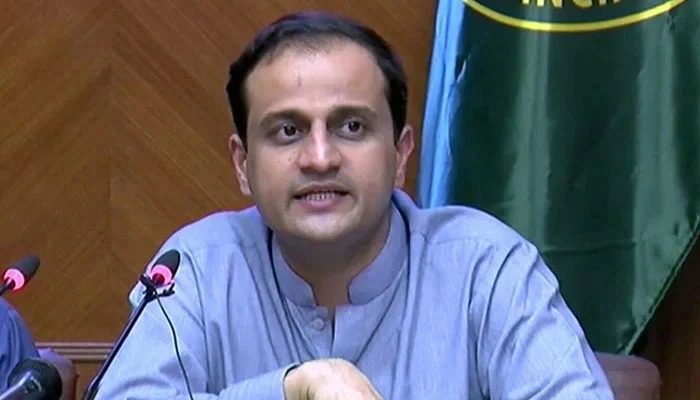
By our correspondent
KARACHI: The Sindh High Court recently heard petitions challenging the new system of directly electing the Karachi Mayor, which has been controversial among some political factions. During the session, Murtaza Wahab’s lawyer, Advocate Haider Waheed, argued that there is no constitutional obstacle preventing a mayor from being chosen through reserved seats, pointing out that similar allowances exist in the selection of higher government officials, like the Prime Minister. He referenced Article 140-A of Pakistan’s Constitution, which grants provincial governments authority over local government structures.
Advocate Waheed asserted that local government policy falls within provincial jurisdiction, allowing provinces to shape their local governance systems as they see fit. When questioned by the court about amendments made to Article 140-A, he responded that elected representatives at various levels, including senators and even the President, can be chosen through indirect elections without violating constitutional requirements. This view challenges the petitioners’ claims that direct elections for mayoral positions are necessary for democratic representation.
The court raised questions about the legislative intent behind indirect election provisions, particularly noting the six-month election stipulation for ministers and the absence of a similar requirement for local government positions. The hearing concluded with the Sindh High Court directing the petitioners to prepare rebuttals and adjourned the case to November 4, highlighting that the court will continue scrutinizing the framework and legal interpretations underpinning the selection process for Karachi’s mayor.



